HYDROXY PENTOXIFYLLINE
- CAS NO.:6493-06-7
- Empirical Formula: C13H20N4O3
- Molecular Weight: 280.32
- MDL number: MFCD00871850
- SAFETY DATA SHEET (SDS)
- Update Date: 2025-12-16 16:15:04
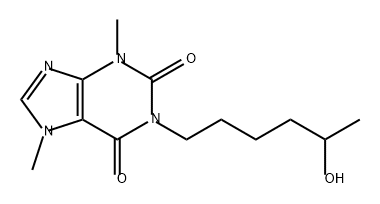
What is HYDROXY PENTOXIFYLLINE?
Description
Lisofylline (6493-06-7, racemic) displays anti-inflammatory activity. Regulates immune cell function and autoimmune response by inhibition of IL-12 signalling and cytokine production.1 Protects pancreatic beta cells and prevents type I diabetes in non-obese diabetic mice.2 Lisofylline reduces LPS-induced TNF alpha levels in CD-1 mice.3?Cell permeable.
Chemical properties
White Solid
The Uses of HYDROXY PENTOXIFYLLINE
A major oxidative metabolite of Pentoxifylline.
The Uses of HYDROXY PENTOXIFYLLINE
A major oxidative metabolite of Pentoxifylline. A potent inhibitor of phosphatidic acid generation (IC50=0.6uM). Protects mice from endotoxic shock and attenuates sepsis-induced acute lung injury in pig.
What are the applications of Application
(±)-Lisofylline is a synthetic methylxanthine with potent antiinflammatory action
Definition
ChEBI: 1-(5-hydroxyhexyl)-3,7-dimethyl-3,7-dihydro-1H-purine-2,6-dione is a dimethylxanthine that is 3,7-dihydro-1H-purine-2,6-dione which is substituted at positions 1,3 and 7 by a 5-hydroxyhexyl group, methyl group and methyl group, respectively. It is a secondary alcohol and a dimethylxanthine.
brand name
ProTec (Cell Therapeutics).
in vitro
(±)-lisofylline is a potent anti-inflammatory agent in which only the (-) optical isomer is biologically active. (±)-lisofylline was found to inhibit the generation of phosphatidic acid from cytokine-activated lysophosphatidic acyl transferase. (±)-lisofylline could also suppress the production of the proinflammatory cytokine ifn-γ, inhibit il-12-mediated stat-4 activation, as well as enhance glucose-stimulated β-cell insulin secretion [1].
in vivo
in a previous study, lisofylline was administered to female non-obese diabetic mice for 3 weeks. cytokines and blood glucose concentrations were monitored. histology and immunohistochemistry were also carried out in pancreatic sections. results showed that lisofylline was able to suppress ifn-γ production, reduce the onset of insulitis and diabetes, and inhibit diabetes [1].
References
1) Yang?et al. (2005),?Lisofylline: a potential lead for the treatment of diabetes; Biochem. Pharmacol., 69?1 2) Yang?et al. (2002),?The anti-inflammatory compound lisofylline prevents Type I diabetes in non-obese diabetic mice; Diabetologia,?45?1307 3) Wyska?et al. (2010),?Pharmacokinetic-pharmacodynamic modeling of methylxanthine derivatives in mice challenged with high-dose lipopolysaccharide; Pharmacology,?85?264
Properties of HYDROXY PENTOXIFYLLINE
| Melting point: | 123-125°C |
| Boiling point: | 511.2±56.0 °C(Predicted) |
| Density | 1.32±0.1 g/cm3(Predicted) |
| storage temp. | Refrigerator |
| solubility | DMSO: soluble |
| form | solid |
| pka | 15.22±0.20(Predicted) |
| color | white |
| Stability: | Stable for 1 year from date of purchase as supplied. Solutions in DMSO or ethanol may be stored at -20° for up to 2 months. |
Safety information for HYDROXY PENTOXIFYLLINE
Computed Descriptors for HYDROXY PENTOXIFYLLINE
New Products
Indole Methyl Resin tert-butyl 9-methoxy-3-azaspiro[5.5]undecane-3-carboxylate Boc-His(Boc)-OH 2-CTC Resin 4-Chloro-7-tosy1-7Hpyrrolo[2,3-d]pyrimidine 5,7-Dibromo-1H-indole 2,5-dichloro-N-hydroxy-4,6-dimethylpyridine-3-carboximidamide 2,2-Dimethoxy-7-azaspiro[3.5]nonane hydrochloride 4-chloromethyl-5-methyl-1,3-dioxol-2-one (DMDO-Cl) R-2-BENZYLOXY PROPIONIC ACID 1,1’-CARBONYLDIIMIDAZOLE 1,1’-CARBONYLDI (1,2-4 TRIAZOLE) N-METHYL INDAZOLE-3-CARBOXYLIC ACID 4-((2-hydroxyethyl)thio)benzoic acid 1-(TERT-BUTOXYCARBONYL)-2-PYRROLIDINONE Methyl 6-methylnicotinate 3-Pyridineacrylic acid tert-Butyl carbazate TETRAHYDRO-2H-PYRAN-3-OL 2-((4-morpholinophenylamino) (methylthio) methylene) malononitrile 3-(4-morpholinophenylamino)-5-amino-1H-pyrazole-4-carbonitrile 2,4-dihydroxybenzaldehyde 1,3-Diethyl-1,3-Diphenylurea Methyl 2-methylquinoline-6-carboxylateRelated products of tetrahydrofuran
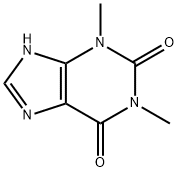
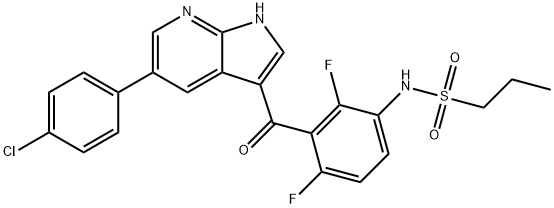
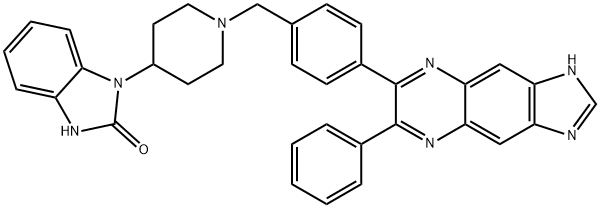

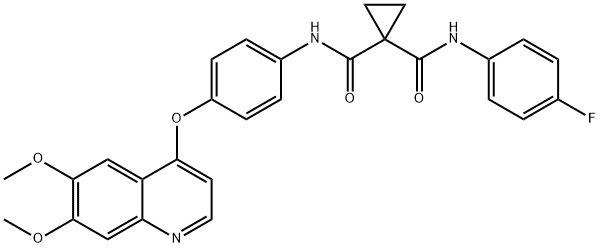
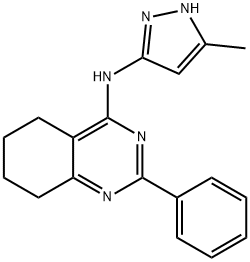
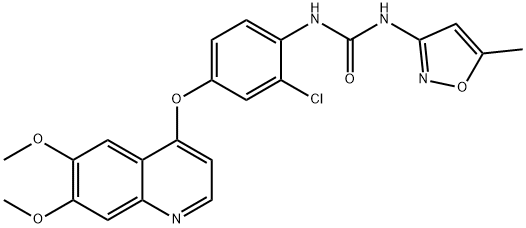
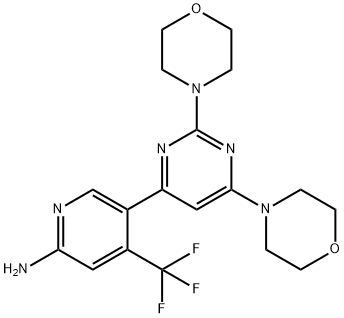
You may like
-
 (±)-Lisofylline CAS 6493-06-7View Details
(±)-Lisofylline CAS 6493-06-7View Details
6493-06-7 -
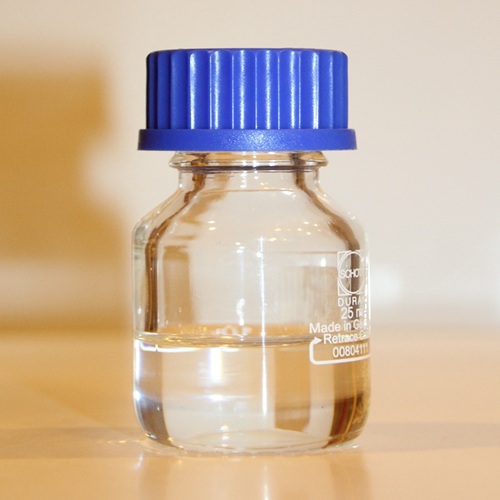 Pyridine 99.5% HPLC /UV SpectroscopyView Details
Pyridine 99.5% HPLC /UV SpectroscopyView Details
110-86-1 -
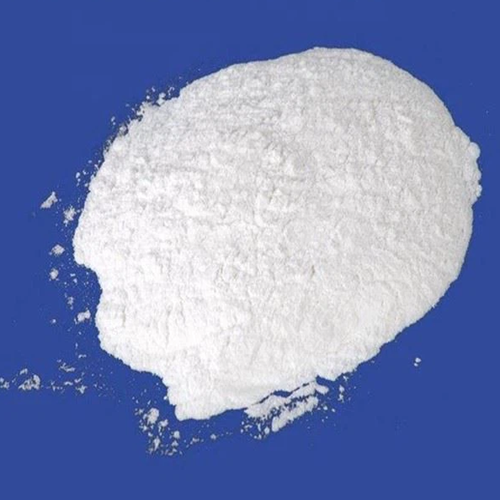 Guanine , 99%View Details
Guanine , 99%View Details
73-40-5 -
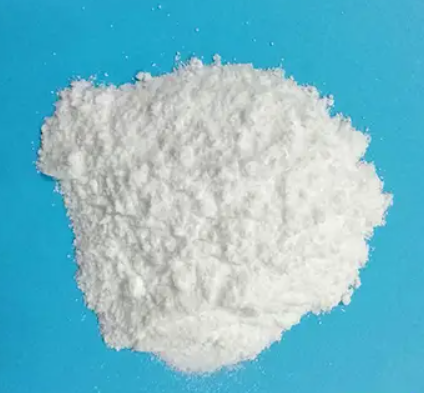 Piperazine Spot supply, best priceView Details
Piperazine Spot supply, best priceView Details
110-85-0 -
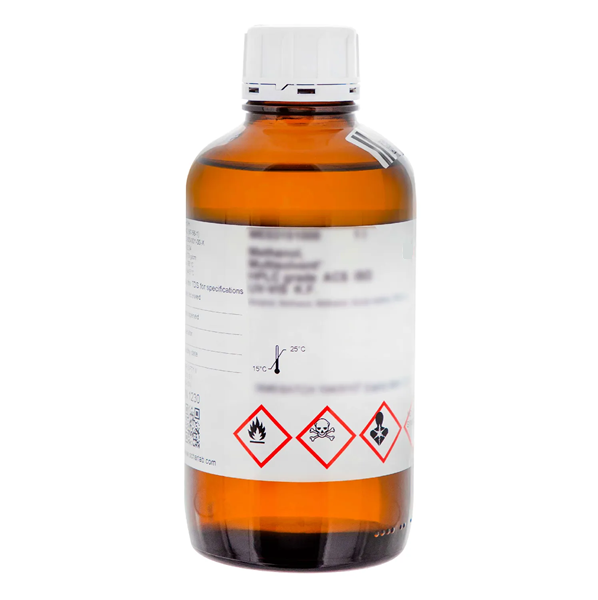 Dibutyl PhthalateView Details
Dibutyl PhthalateView Details
84-74-2 -
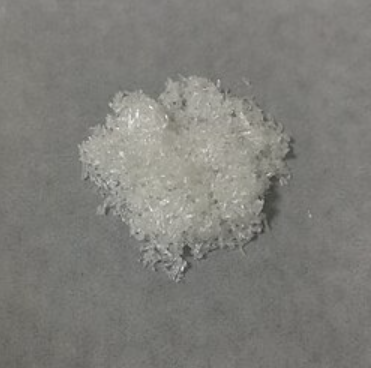 Imidazole Spot supply, competitive priceView Details
Imidazole Spot supply, competitive priceView Details
288-32-4 -
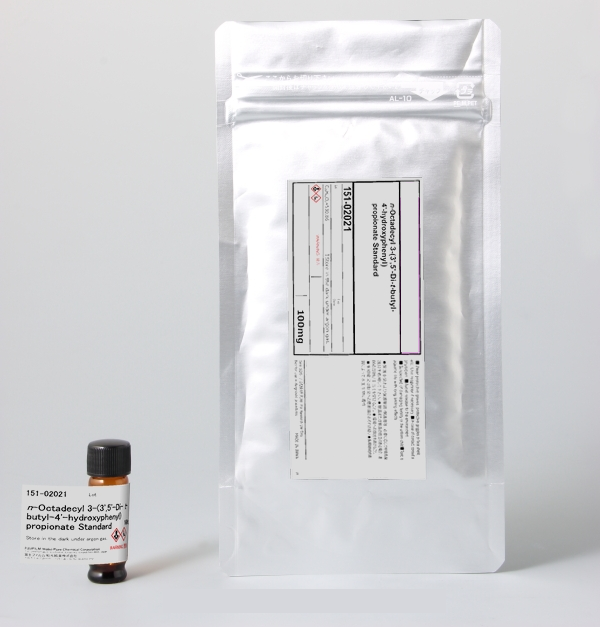 Octadecyl 3-(3,5-di-tert-butyl-4-hydroxyphenyl)propionate 98% (GC)View Details
Octadecyl 3-(3,5-di-tert-butyl-4-hydroxyphenyl)propionate 98% (GC)View Details
2082-79-3 -
 Thiourea 99% ARView Details
Thiourea 99% ARView Details
62-56-6
